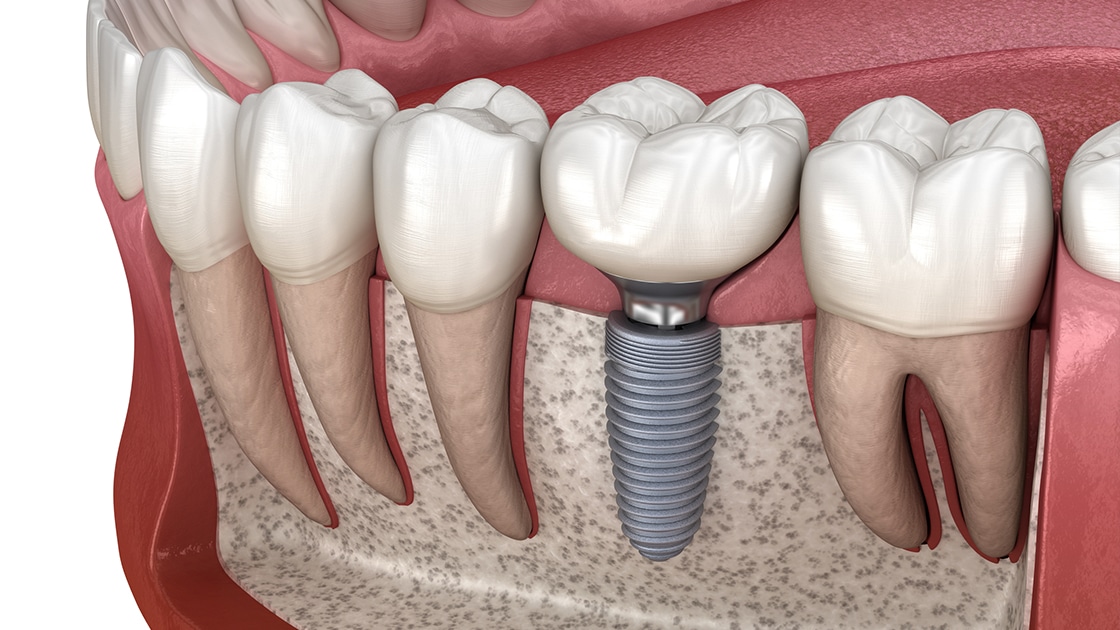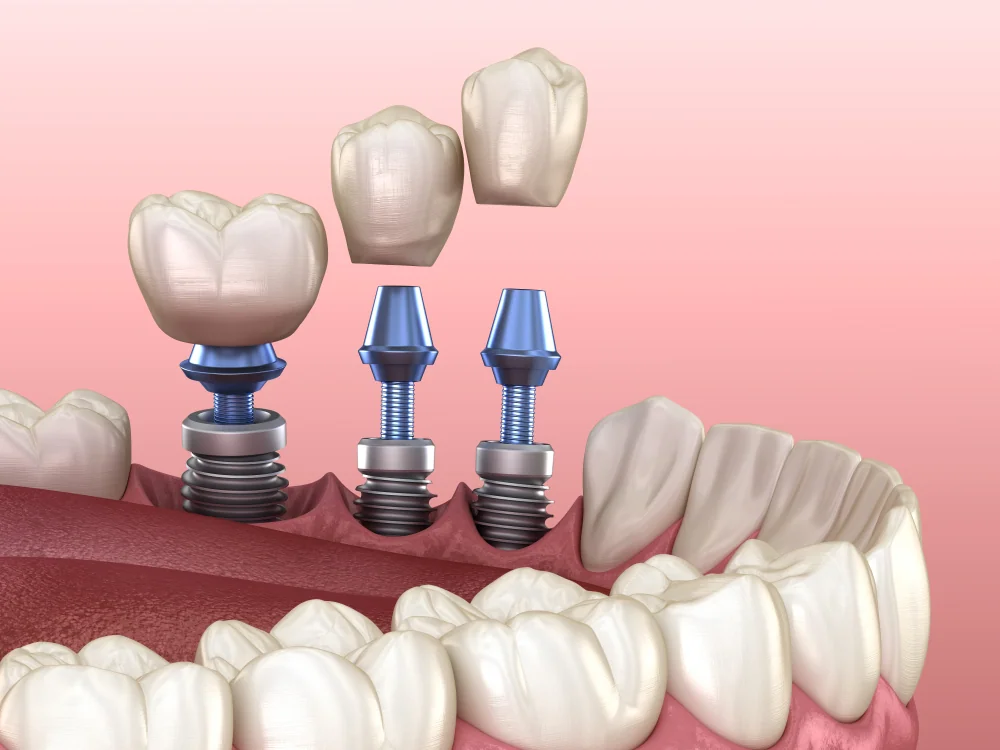Dental implants cost in 2023: Reviewing Prices and Hidden Costs
- Posted on Nov. 7, 2023
- Health
- Views 168
Dental implants stand as a perfect choice for patients with damaged or missing teeth in the majority of cases. Still, dental implants cost sometimes come as a surprising factor – covering all outgoings without insurance or cheaper alternatives may be challenging for the patient.
Read More

Average Prices on Dental Implants
Roger Levin, CEO of the dental management consultancy Levin Group, Inc., claims: “Implant procedures are complex and there are multiple parts to each procedure. There are different fees to every part of it.” Indeed, not only overdenture costs can vary significantly, but plenty of other procedures:
- thorough dental assessment, sometimes using 3D imaging of your teeth;
- surgical removal of a tooth, if essential;
- precise implant positioning;
- installation of the connector – so-called abutment;
- creating a custom dental crown;
- precise placement of the prosthesis for a perfect fit.
Costs for each element depend on the dental practice. The prosthesis itself costs nearly $1500. Some CT scans are free, but if you pay for 3D imaging, it usually costs $300-$500. Generally, the total cost per single implant comes at $4000, while a full-mouth implant procedure ranges from $500 000 to $95 000.
The absence of a standard price is caused by the unique nature of each condition. “Unlike a single service, like a filling, implant fees are assessed on the type and complexity of the work,” adds Levin. Location also plays a role, with larger metropolitan areas often having higher prices.
Single Implant Price
A single implant attachment, paradoxically, can be more expensive. Although the prosthesis itself is cheaper, the procedure for inserting it is somewhat more complicated. When considering dental implants, it's crucial to realize that it's more than just the prosthesis itself. You also require supporting procedures, which include expensive types of scanning, anesthesia, etc. Each of them comes with its price.
For many patients, additional procedures like sinus lifts or bone grafts may be necessary to ensure a stable foundation. According to the American Dental Institute, the average expense of such things varies from $3000 to $5700.
When Do You Need a Multiple Tooth Implant?
Multiple prostheses may be an efficient option for those who have damaged or missed neighboring teeth. For instance, if you're addressing a gap involving three or four neighboring teeth, a bridge secured by two implants could be a cost-effective solution. This approach typically ranges from $6500 to $10000. Two implants supporting three or four adjacent teeth often appear to be easier than installing individual implants for each tooth.
Full Mouth Implant: Cost-effective Solution
Full-mouth dental implants replacement offers a range of pricing based on the chosen approach.
The most costly method involves individual tooth replacement. This procedure helps to save healthy existing teeth and seems the best solution, but will typically cost you between $60 000 and $90 000.
A more affordable alternative is implant-supported dentures. This device replaces both upper and lower natural teeth with false arches anchored to 4-6 implants in each jaw. This technology is commonly named all-on-4 and typically costs $25 000 - $50 000.
Some More Outgoings
As it was said, overdenture always comes with a number of procedures like pre- and post-care.
To fully understand the coming expenses, it is better to ensure transparent discussions with your dentist. Hidden costs are infrequent, as most dentists provide upfront cost breakdowns. If you're consulting multiple specialists, like a dentist and an oral surgeon, factor in their respective fees.
Don’t forget about the medication prices – painkillers and pre/post-operative antibiotics are an essential part of the process. Given the extended timeline of dental implantation, payments are typically spread across several months. Most dentists also provide you with a payment plan through the CareCredit program.
How to Use Insurance to Cover Overdenture Costs?
Dental insurance has traditionally classified implants as "elective," excluding coverage for associated expenses. However, it is changing.
Presently, dental insurance typically contributes a partial amount towards implant costs – for example, it may cover a tooth implant itself, but not the procedure and post-care. Some policies may impose annual or lifetime reimbursement caps.
For patients with dental insurance, an average reimbursement is approximately $1,500 per implant per year. If your implant treatment spans two calendar years, you might obtain the reimbursement in both years. Also, FSA, HSA, and HRA financial accounts may consider your implant spending as “unexpected costs” and cover them fully or partially.


